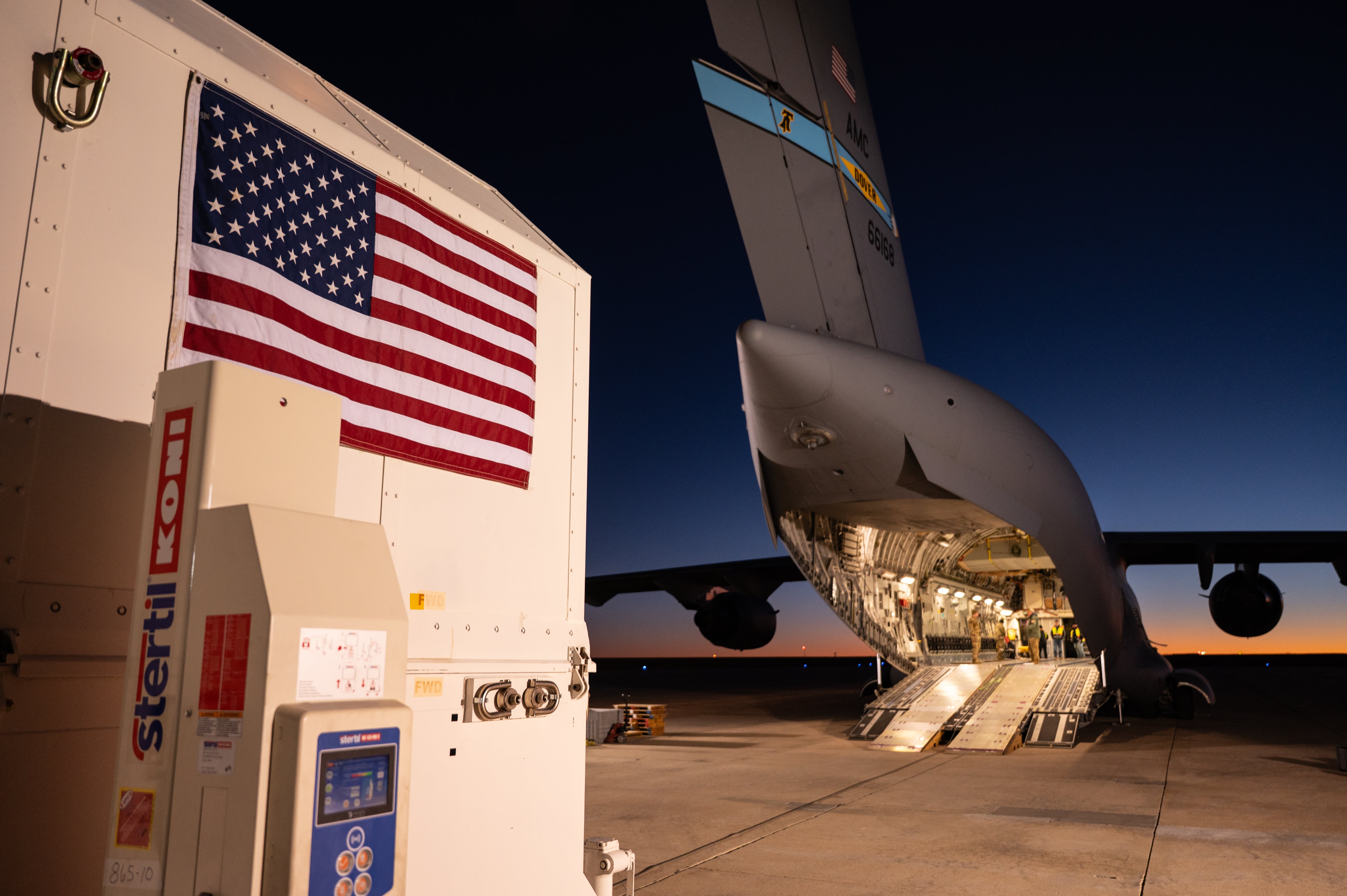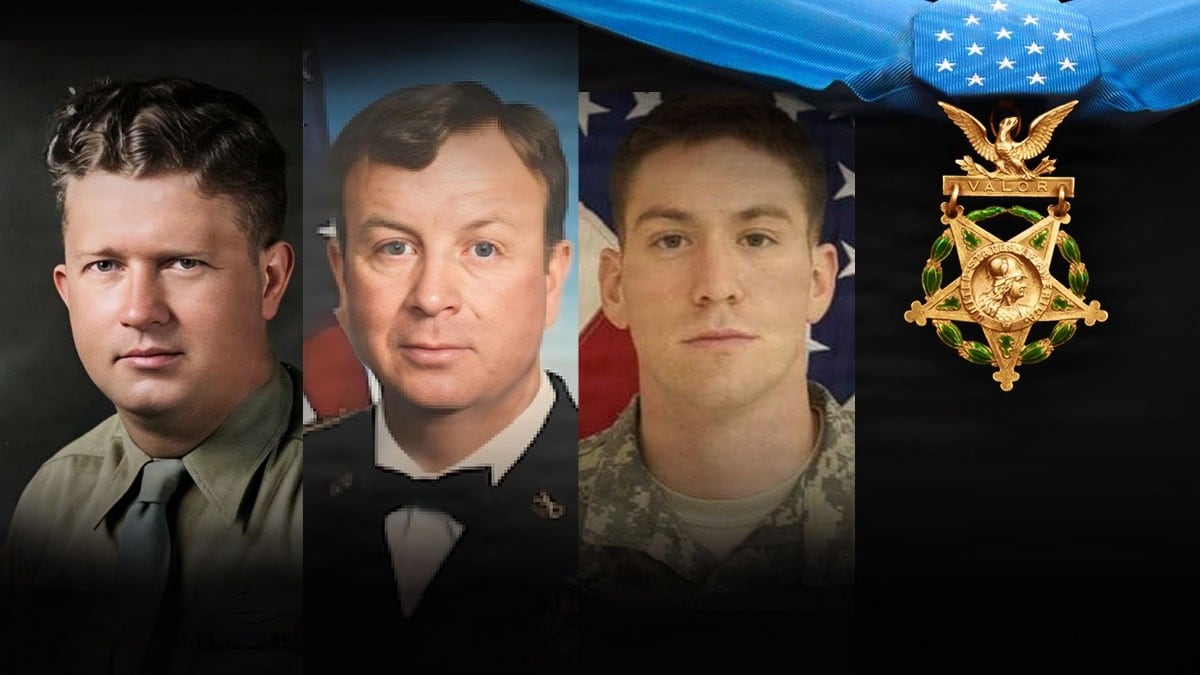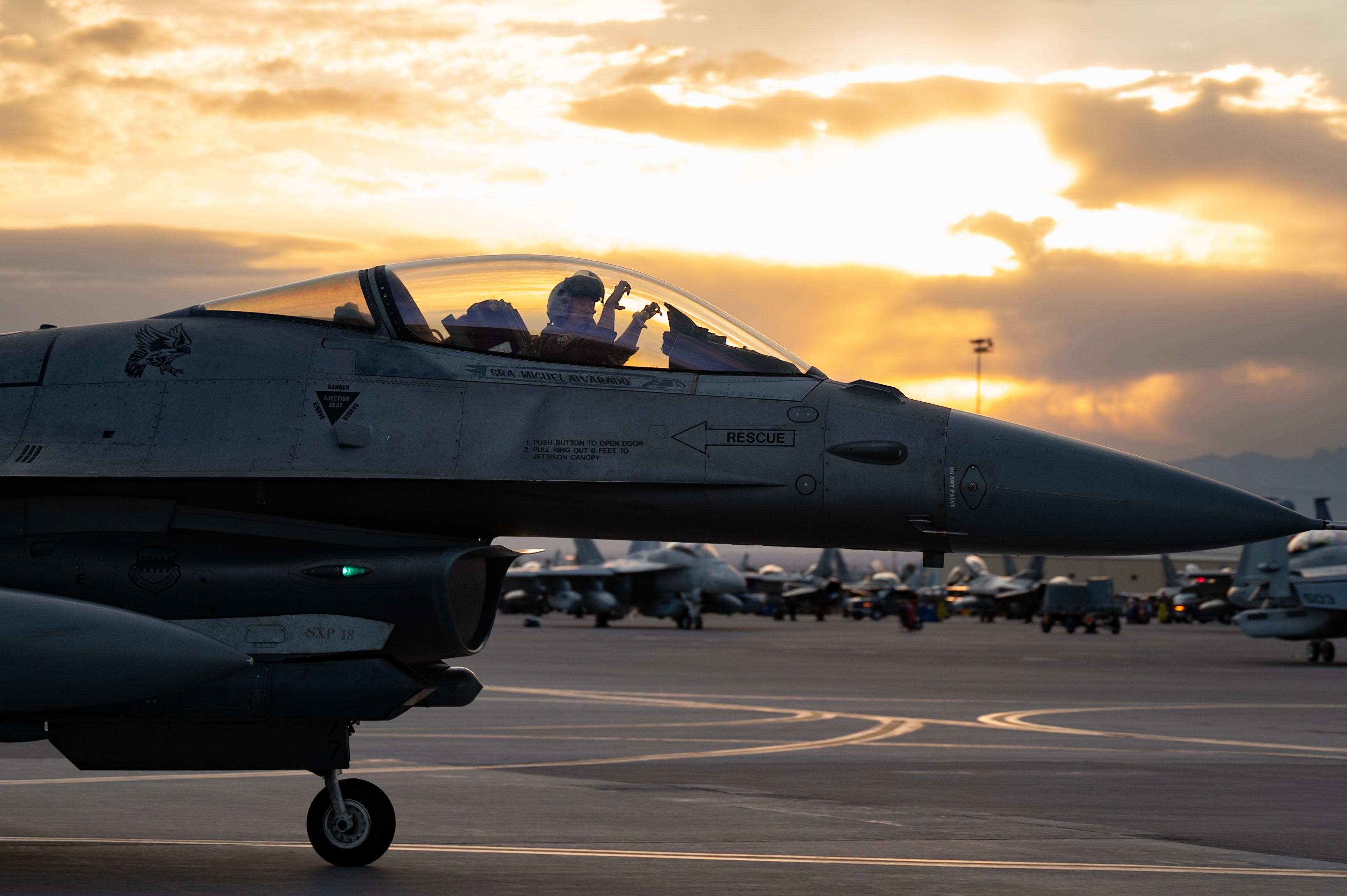WASHINGTON — The White House is sending National Security Adviser H.R. McMaster to Afghanistan where he'll evaluate options, including whether to deploy more military personnel, for confronting the country's deepening security crisis.
President Donald Trump announced the Army general's impending war-zone visit during a White House press conference Wednesday. Joined by NATO Secretary General Jens Stoltenberg, Trump said McMaster's objective is to "find out how we can make progress alongside our Afghan partners."
It's the administration's first significant movement toward establishing a policy on Afghanistan, where regional powers, including Russia, China, Iran and Pakistan, have begun to exert more influence — in some cases to undermine NATO's objectives.
A White House spokesman confirmed McMaster's trip is imminent but declined to provide any additional details.
Approximately 13,000 NATO troops remain in Afghanistan. About 8,400 are Americans. Their mission is twofold: to train and advise Afghan forces battling the Taliban, and hunt down terrorists affiliated with al-Qaida and the Islamic State.
As the nation's longest war approaches its 16-year mark, the Trump administration faces a difficult choice. The coalition's top commander there, Army Gen. John Nicholson, has recommended deploying an unspecified number of additional troops who can reinforce efforts to train the Afghans and, it is hoped, reverse the Taliban's surging momentum in several vulnerable regions. And while some in Congress say they support such a move, the president could face a tough sell in Washington if he determines America's eventual withdrawal first requires significantly more military investment.
Critics say the U.S. has sacrificed enough for Afghanistan, and that the war's principal objective — to find Osama bin Laden — was accomplished in 2011 when the 9/11 mastermind was killed in neighboring Pakistan. Lawmakers decry the war's expense, both in taxpayer money and lives lost, and many have grown tired of the Afghan government's continued struggle to field a competent military and crack down on corruption. There's mounting concern, too, about the increasingly overt efforts by Russia and Iranto further destabilize the battlefield and undercut NATO's broader diplomatic objectives.
"What is America's future in Afghanistan, and what are the benchmarks?" Congressman Walter Jones, a North Carolina Republican, told Military Times last week. "Nobody knows."
Jones is a longtime member of the House Armed Services Committee whose congressional district includes the Marine Corps' largest facilities on the East Coast. He has watched the war closely through the years, and grown frustrated with the long line of commanders who, like Nicholson, have continued to suggest there is still hope for the American mission in Afghanistan.
"You would think," Jones said, "that after 16 years, someone would say to the secretary of defense and to the administration 'I think we've done all we can do to change this country.' "
He's pushing for Congress to debate whether the U.S. should end its mission in Afghanistan or establish a new authorization for the use of military force there.
Officials have not said why the president tapped his national security adviser for this assignment, a move that's sure to be discussed in the Pentagon and in Kabul given the four-star Nicholson's vast background in Afghanistan. McMaster is a three-star general, and a deeply respected military strategist with experience there and in Iraq. Last week, Trump dispatched another senior adviser, his son-in-law Jared Kushner, to assess operations against the Islamic State in Iraq.
McMaster's trip coincides with a broader White House strategy review intended to establish the United States' next steps for the Afghanistan campaign, officials said.
"We’ll be obviously consulting with General Nicholson, both in his role as commander of Resolute Support, but also as commander of U.S. forces in Afghanistan," a senior administration official told reporters earlier Wednesday. "And we’ll definitely be working with NATO allies in advance of any decisions being made on troop levels in Afghanistan to make sure that those decisions are fully consulted and that allies are on board with our strategy going forward."
Resolute Support is the NATO operation focused on training the Afghans. The U.S.-led counter-terror operation is called Freedom's Sentinel.
The administration official would not assign a timeline for the review's completion, saying only "it's based on when the president makes a decision."
Nicholson first signaled his desire for more troops in early February, about three weeks after Trump took office. While answering questions from members of the Senate Armed Services Committee, the general indicated that NATO's training mission was short "a few thousand" troops. He also characterized the Afghanistan war as a "stalemate."
The alliance is developing plans to establish "an enduring counter-terrorism platform" in the region, which is home to 20 of the world's 98 designated terrorist organizations, Nicholson said during his testimony. Those plans, he added, include efforts to grow, train and equip the Afghan army's elite commando force. Doing so, Nicholson told lawmakers, will make it possible to "find success" in Afghanistan by 2021 — 20 years since the U.S. invasion.
Much has transpired there in the weeks since Nicholson's testimony. Last week a U.S. soldier, 37-year-old Staff Sgt. Mark De Alencar, died while battling Islamic State loyalists along the country's border with Pakistan. The Green Beret is the lone American killed in action there so far this year, according to Defense Department casualty statistics.
At least 19 U.S. troops have been wounded since January, including three soldiers who were shot March 19 in an apparent insider attack at an Afghan military base in Helmand province.
Extremists also continue to target Afghan forces and civilians in the country's major population centers. In Kabul this week, five people were killedin a suicide strike. The Islamic State claimed responsibility.
Andrew deGrandpre is Military Times' senior editor and Pentagon bureau chief. On Twitter: @adegrandpre.




